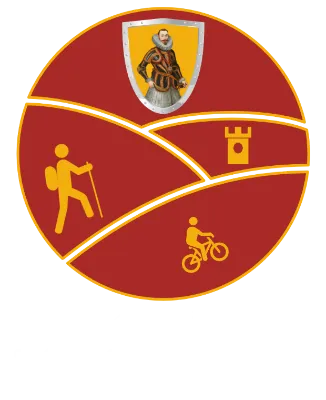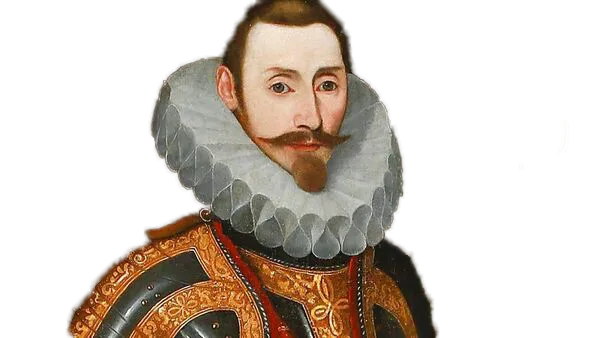Fr. Kenyon
The Rebel Priest of Templederry
The Rebel Priest of Templederry
Early life
John Kenyon was born into a Roman Catholic family in Clonmel, County Tipperary, Ireland in the early 19th century. His family background played a significant role in shaping his early years, as his father was a prominent member of the local Catholic community. Kenyon's childhood was marked by the struggle for Catholic Emancipation, a movement seeking to grant Irish Catholics the same rights as their Protestant counterparts.
Despite facing significant discrimination, Kenyon was determined to pursue his education and enrolled in St. Patrick's College in Carlow, where he received a classical education. After completing his studies, Kenyon was ordained into the priesthood in 1833, and he quickly gained a reputation as a talented and charismatic young priest.
During Kenyon's formative years, he was heavily influenced by key figures in the Catholic community, such as Charles Gavan Duffy and John Martin. Their teachings contributed to Kenyon's later political beliefs, as he became a fierce advocate for Irish nationalism and the rights of the Catholic community.
The Great Famine
The famine caused extensive damage to the Clonmel Ireland local county region's economy, resulting in widespread poverty and hunger. Many people were forced to resort to begging, stealing, or emigrating in search of relief. Kenyon recognized the devastating impact that the famine had on the lives of ordinary people, and he was determined to ease their suffering in whatever way he could.
Fr. Kenyon was highly critical of the British government's inadequate relief efforts during The Great Famine. He believed that more needed to be done to help those affected by the disaster. He also criticized the political response to the famine and the lack of support from Irish politicians at the time.
Advocacy of physical force
Kenyon's calls for action through the use of force often put him at odds with other leaders in the Irish Catholic community. He was seen as a radical figure and was known for his fiery speeches and outspoken views. In 1848, during the height of the Fenian movement, Kenyon called for an armed rebellion against British rule. This move put him at odds with other leaders such as Charles Gavan Duffy who believed that change could be achieved through peaceful means.
Kenyon's advocacy of violence was driven by his belief that the use of physical force was necessary to achieve Irish independence. He argued that the British Empire would never give up its control of Ireland without a fight, and that the only way to achieve independence was through armed struggle. His views were shared by many other Fenian leaders at the time.
Opposition to Daniel O'Connell
Kenyon's dissent with O'Connell arose from a fundamental difference in approach towards securing Catholic Emancipation. O'Connell was a proponent of a gradualist approach, believing that political concessions could be achieved through peaceful protest and lobbying. On the other hand, Kenyon was a firm believer in direct action and the use of force to secure the rights of Irish Catholics.
Kenyon's views on the Repeal Movement were similarly at odds with O'Connell's approach. The Repeal Movement advocated for the restoration of an Irish parliament and a greater degree of Irish self-government. While O'Connell called for a peaceful and constitutional approach to the issue, Kenyon believed that force was necessary to achieve true Irish independence.
Kenyon's opposition to O'Connell led him to participate in the alternative Irish League, where he was influential in bringing together the 'Young Ireland' movement. This group advocated for a more radical approach towards Irish independence, including the use of physical force if necessary.
Young Ireland
Fr. Kenyon's ideas were heavily influenced by the Young Ireland movement, which was active during the nineteenth century in Ireland.
Identifying with the Young Ireland ideology, Kenyon believed that Ireland's national identity was important and that the country should be liberated from British control. Key leaders of the movement, including Thomas Francis Meagher and Charles Gavan Duffy, were people that Kenyon associated with. He was inspired by their ideas of Irish nationalism and the importance of physical force in bringing about political change.
As a writer, Kenyon contributed articles to publications such as the Irish Tribune and the Irish League, which promoted the ideas of Young Ireland. His writings played an important role in raising public awareness of Irish nationalism and inspiring others to act for the cause.
The rebel priest
In his book "Father John Kenyon The Rebel Priest," author Tim Boland provides a detailed account of Kenyon's life and his contributions to the Irish independence movement. Boland includes extensive research and insights on Kenyon's role in organizing the Fenian movement and his advocacy for physical force.
Kenyon died at Chapel House, in his adopted parish of Templederry, Co Tipperary, on March 21, 1869.
John Mitchel, on hearing of his death, wrote: "The wondrous intellect is quenched at last, the brightest, keenest mind, and most genial and loving nature, the most complete model of manhood at its best, has passed away."
The local GAA club in Templederry, temp-lederry Kenyons is called after Fr. Kenyon.

© 2023 In Tipperary, All Rights Reserved.
Web Design by Pixelweb Design

